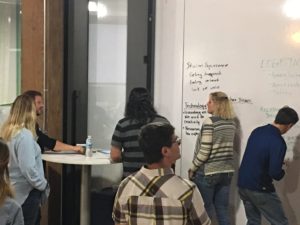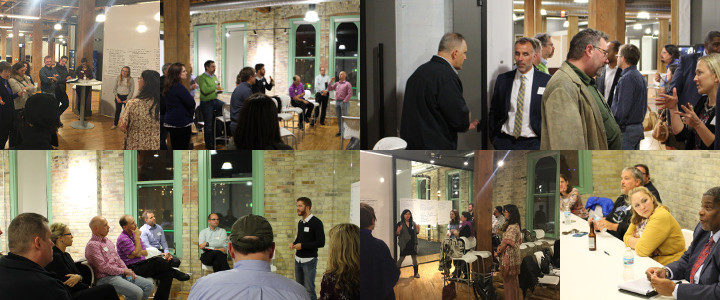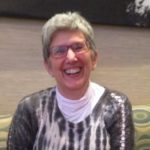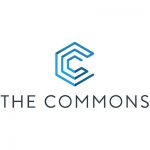Problem Finding
 Bring King joined us for Collab Lab 13 to walk us through an exercise to identify problems worth solving at attendees’ schools. The idea was to give participants the feel for a process they could use with their students to identify challenges students could take on as authentic learning experiences. Thanks also go out to David Howell (MSOE/Epiphany Consulting) who, with Brian, helped us pull together the process (below).
Bring King joined us for Collab Lab 13 to walk us through an exercise to identify problems worth solving at attendees’ schools. The idea was to give participants the feel for a process they could use with their students to identify challenges students could take on as authentic learning experiences. Thanks also go out to David Howell (MSOE/Epiphany Consulting) who, with Brian, helped us pull together the process (below).
Our participants look to take the process back to their schools to see what their students might come up with. We’re scheduling a follow up meeting at the beginning of December to re-group and share feedback from the process, see what problems students are willing to take on and, and share ideas about how to help the students dive into a problem solving exercise. If you are interested in joining in, let us know:
The Process:
Step 1: Rapid Fire Problem Finding
- Break into teams of 4 to 8 participants
- On their own, each participant writes as many “problems at your school” as they can think of on note cards– one note card per problem
- Collect all the note cards and put them into the bag o’ problems
Step 2: Mix and Redistribute the Cards
- Shuffle the cards and distribute them equally between the teams
- Each team categorizes and notes duplicates
- Each team prepares a categorized list of problems to share with the entire group on a white board or large Post-it sheet.
Mixing the cards ensures that members are exposed to ideas from outside of their own team
Step 3: Large Group Sharing
- Each team reports on the problems on their list
- Teams share anything noteworthy about their process
- The team may refine the categorization and list based on feedback from the group
Step 3a: Optional — Identify More Problems.
If the teams had a hard time coming up with an initial set of problems, prompt for additional ones to consider by asking
- Are there categories of problems that are missing?
- Are we missing the problems of any groups at the school (teachers, staff, administration, parents, students, neighbors) or subgroups of those (new students, minorities, impoverished students, etc.)?
Step 4: Drilling Down
In teams, but remaining all together in the room, consider the following questions:
- Are there any problems on the wall that are actually dilemmas?
- Are there any problems on the wall that aren’t actually problems?
- Are there any problems on the wall that would benefit from re-articulation?
- How might we “triage” these problems?
- Is it realistic for you/your group to actually solve the problem?
- Are there new problems to articulate based on your reading of all the problems?
Each team then drafts a revised list:
- Based on the drill down questions, narrow to 3-4 issues and write them on a white board or large Post-it note.
- Put a circled D or circled P next to each issue to identify it as a problem or dilemma
- Record any problems/dilemmas that need further clarification before decision/asking
- Each group shares their revised list



 Cynthia is an experience researcher, strategist and designer. Evolving from her background in User Experience, and her work in and across a variety of industries, in recent years Cindi has worked to push the evolution of Experience Design and its application and practice not only in the business sector, but into unsuspecting processes and areas, including entrepreneurship, social system design education and community development.
Cynthia is an experience researcher, strategist and designer. Evolving from her background in User Experience, and her work in and across a variety of industries, in recent years Cindi has worked to push the evolution of Experience Design and its application and practice not only in the business sector, but into unsuspecting processes and areas, including entrepreneurship, social system design education and community development.

 The Collab Lab will be held in the innovation space at Ward 4, 333 North Plankinton Avenue, Milwaukee, WI. Space provided courtesy of The Commons.
The Collab Lab will be held in the innovation space at Ward 4, 333 North Plankinton Avenue, Milwaukee, WI. Space provided courtesy of The Commons.